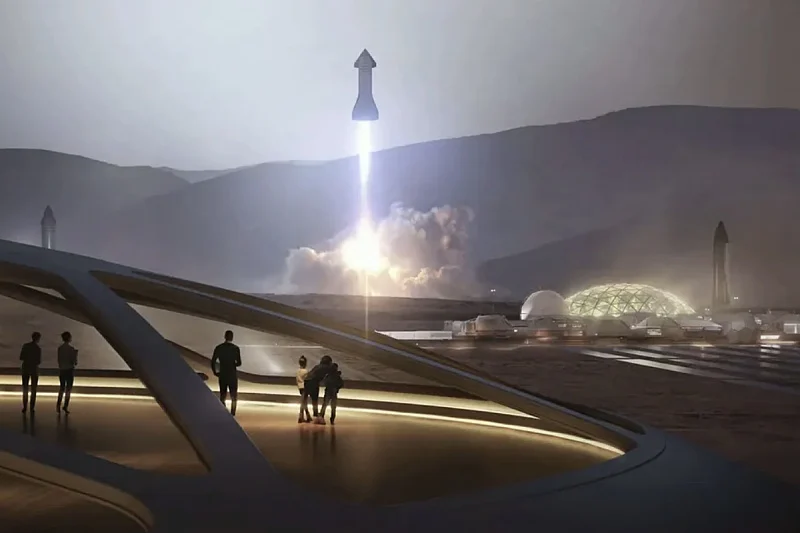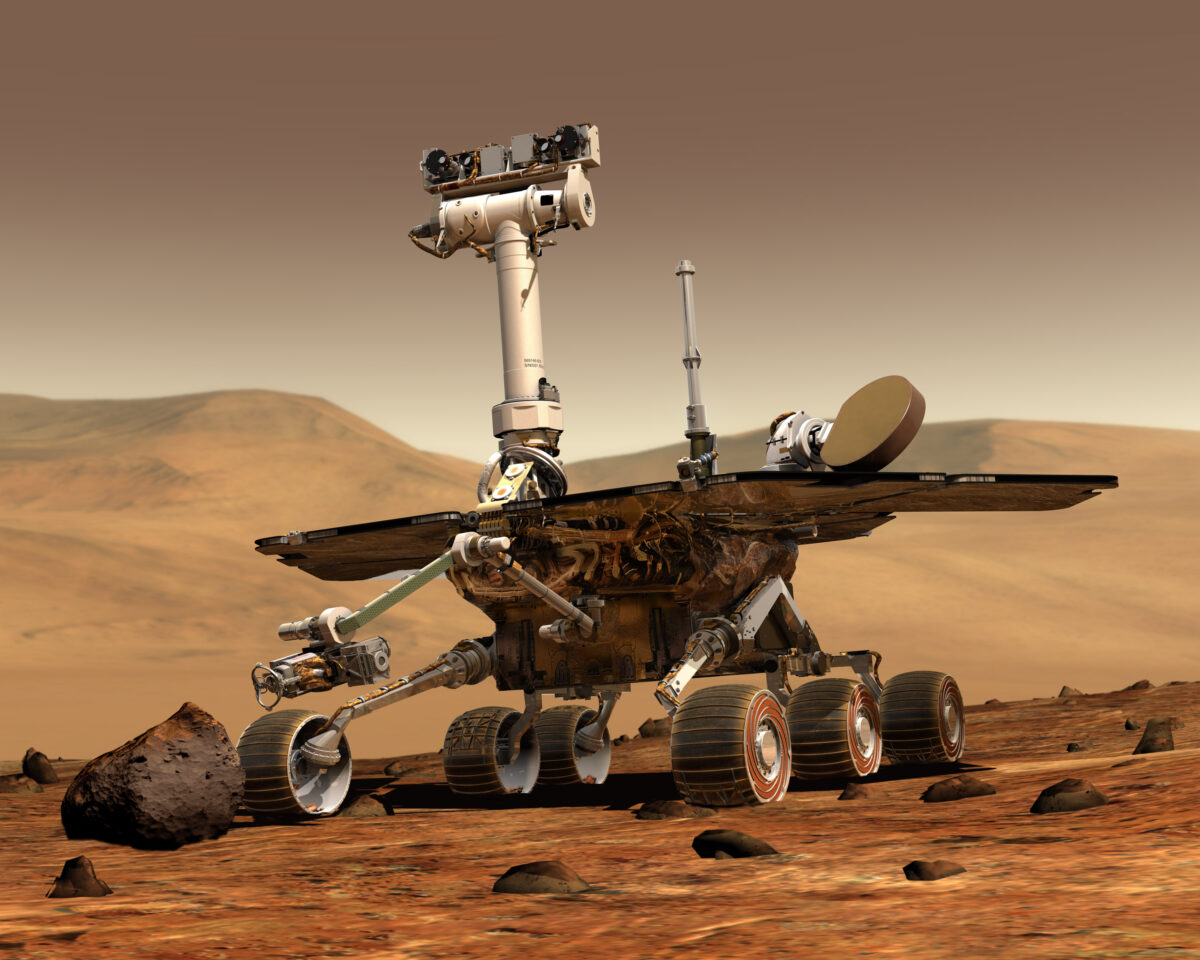Elon Musk believes that establishing a functional human settlement on Mars within the next thirty years is achievable, but he emphasizes that it will require significant technological advancements in heavy-lift space transportation. During his appearance at the All-In Summit on September 9, 2025, Musk highlighted the need for exponential growth in cargo capacity to Mars with each planetary launch window, which occurs approximately every two years.
For the colony to become truly self-sufficient, it must have everything necessary for survival and development—from housing infrastructure and robotics to food production, fuel synthesis, and even microchip manufacturing. According to Musk, achieving this will depend on the ability to consistently deliver large volumes of equipment and resources, primarily through the use of SpaceX’s next-generation rocket—Starship.

Starship is designed as a two-stage system—the lower stage called Super Heavy and the upper stage referred to simply as Ship. Both are made of stainless steel and powered by third-generation Raptor engines, which burn methane and liquid oxygen—fuels that can also be produced on Mars. The system is intended to be fully reusable, which marks a major innovation compared to earlier rocket technologies.
Ten test flights have already been conducted, with the latest mission successfully delivering payload—eight prototype Starlink satellites—into orbit for the first time. Musk announced that the next launch will be the final flight of Version 2, after which Version 3 will be introduced. This upgraded model will be capable of carrying over 100 tons of cargo and represents a major leap forward in achieving long-term goals.
Although notable progress has been made, challenges still remain—particularly in developing a heat shield that can survive multiple atmospheric reentries without damage. Musk admits that no system to date has achieved full reusability of this component, but he remains confident that SpaceX will soon overcome this hurdle.
The ultimate vision includes launching increasingly advanced versions of Starship, including larger variants, aimed at transporting massive amounts of cargo necessary for establishing a permanent presence on Mars. Musk stresses that building a self-sustaining base is crucial for the long-term survival of humanity, as only a multiplanetary civilization has a real chance of enduring potential global catastrophes that could one day threaten life on Earth.

